Hear from Heli Gotthartsleitner, from Rote Falken Kindefreunde Austria, about our Children on the Move study session in Strasbourg on 5-12 March 2017.
Back to the year 2015: The news about the advance of the terrorist organisation “Islamic State” and the associated escape movement of thousands of people from crisis areas like Syria or Afghanistan dominate the (social) media. But we still sit in front of our computers and televisions and think ‘okay, it is miles away and I can’t do anything’. But later, when the first refugees cross the borders to our countries, lots of young people from our movements just wanted to help. So they rush to the train stations, the emergency accommodation venues and other places where they can help. They welcomed refugees, gave them a smile and, with that, a piece of humanity. This night has turned my life upside down. If we were to make beds, prepare food packs, and prepare the arrival of the refugees, the next minute, several buses with men, women, and children arrived. Suddenly the misery was no longer on TV and thousands of miles away, suddenly it was in the form of people in front of me. And that is exactly what we forget too often: with all the talk about people on the run, we forget too easily that it is about destiny – not about humans.
Now: My organisation, Kinderfreunde and Rote Falken Austria, is a part of the worldwide network of our umbrella organisation IFM-SEI. So, I had the chance to be part of the latest study session called Children on the Move that took place at the European Youth Centre in Strasbourg. There I met people from different corners of the world – mainly from Europe, but also from Indonesia and Colombia – and discussed with them the fate of people and especially children on the run.
The first question was what makes up our identity. Is it made by the national states we are from and their borders, or perhaps the different social influences that shape us and strengthen our identity? Well, I still have – for me – no answer to this question. One thing I can say, however, when we speak about migration, we do not always talk about people who must flee. Migration has many different faces: for sure there are people who must flee from war, destruction, diseases or poverty. But there are as well people who are forced to leave their country, because of the environmental degradation or because we force them to leave their homes with the promise for better jobs with better salaries.
But back to the cause of escape environmental degradation: here it would be too easy to list it and then write nothing more about it. So, let’s think about it together. Isn’t it that us as a ‘Western’ or the ‘developed’ world that are responsible for environmental destruction, for example in Africa? Just because we always want more than enough food and raw materials, we exploit other countries. We steal their land treasures, transform fields and meadows into barren deserts – only to secure our standard of living. And because we find it so smart to have furniture from exotic trees, we also cut down the rainforest. All this is the proof of our guilt for environmental pollution. We can only change that if we finally start to live in abundance and satisfy our needs with regional products.
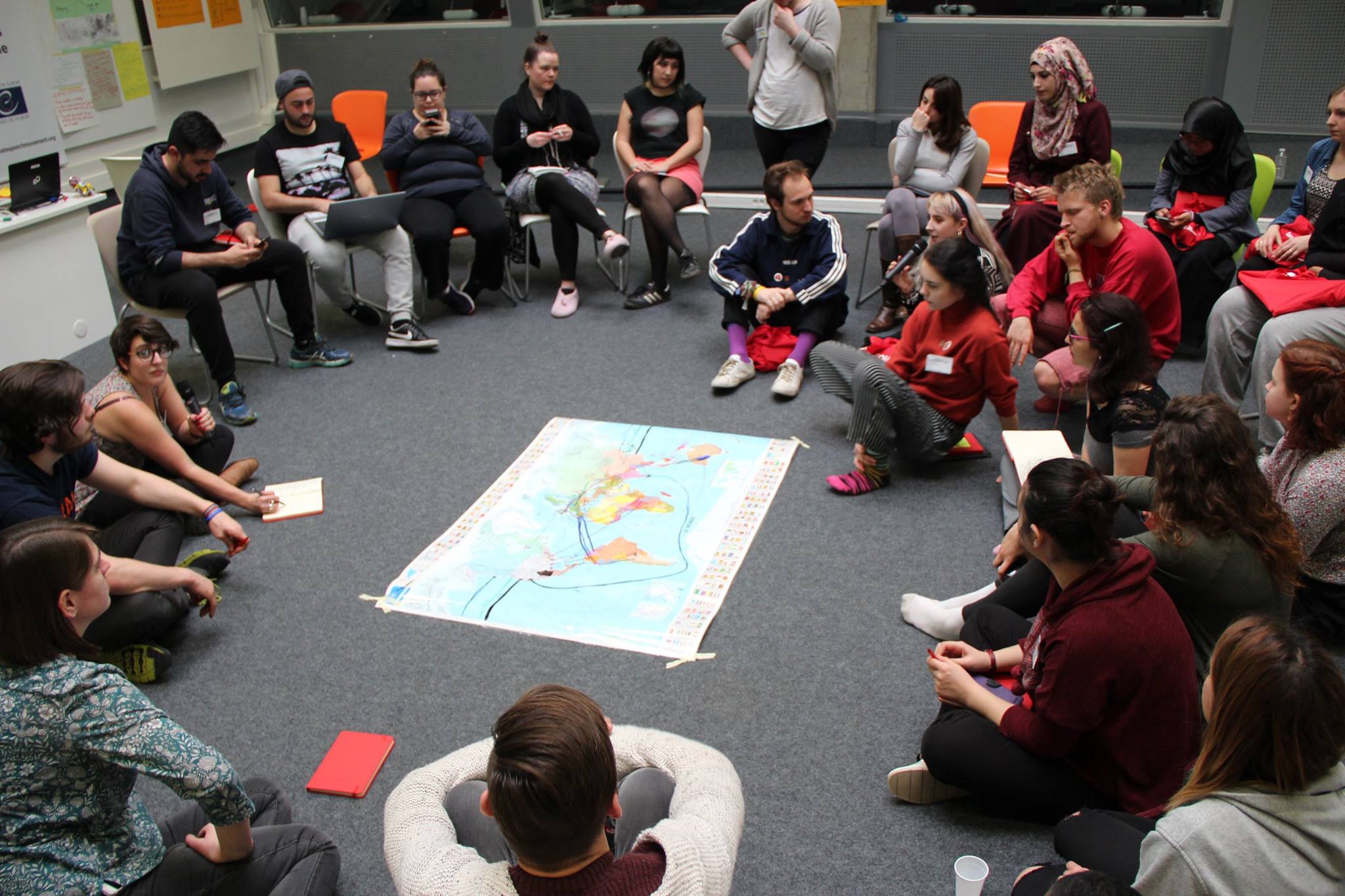
When we talk about migration, we as well should have a look at the facts. In the media, there is always a rumour that we as European countries receive most of the refugees. Nobody talks about the situation in other regions of the world or that migration is such a normal thing. No one talks about the fact, that also people leave our countries. Facts about migration you can find at the homepage of the International Organization for Migration. Maybe you can use those facts in some discussions in your local area.
At least I want to give you an idea, what the study session Children on the Move gave me. It gave me a new perspective on the topic of migration. So now I can see, that migration is more than people who must flee for example from flee from war, destruction, diseases or poverty. But it also shows me, that we need to connect our organisations within IFM-SEI so that we have the power to help people on the flee and be allies for them. But I also believe that we need a strong IFM-SEI. Only in this way can we network and jointly set a counterpoint to environmental destruction and war. We can declare solidarity with those who must flee from hunger, war, disease and environmental destruction. No – we can not only declare solidarity, we can welcome them and make it easier for them to arrive in a completely foreign country. In this sense: all different – all equal.
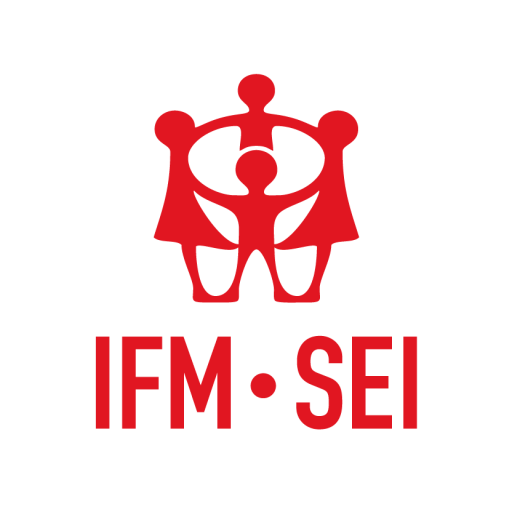
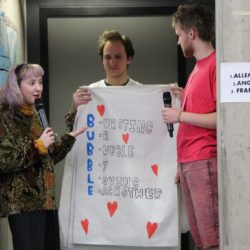
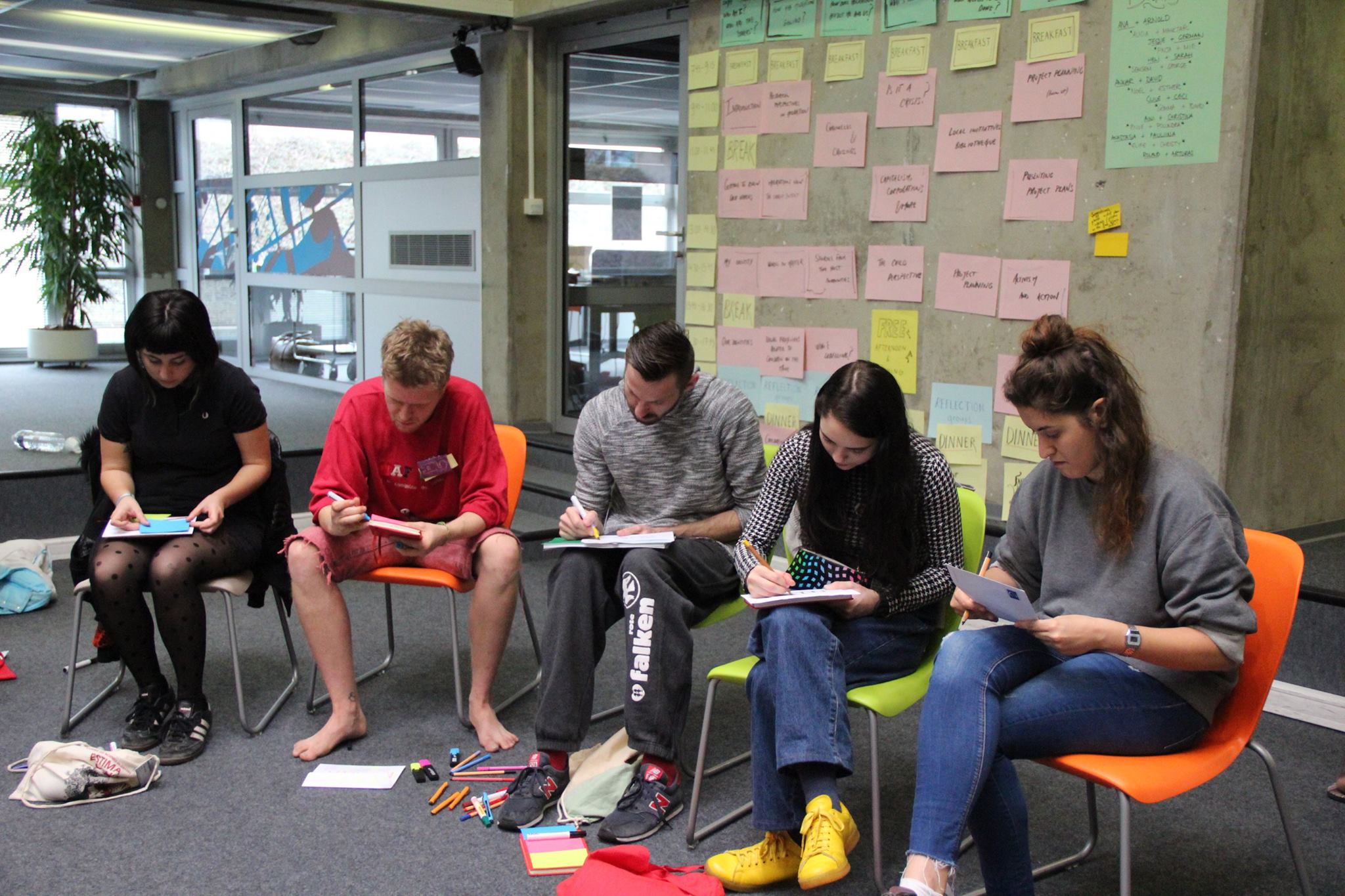
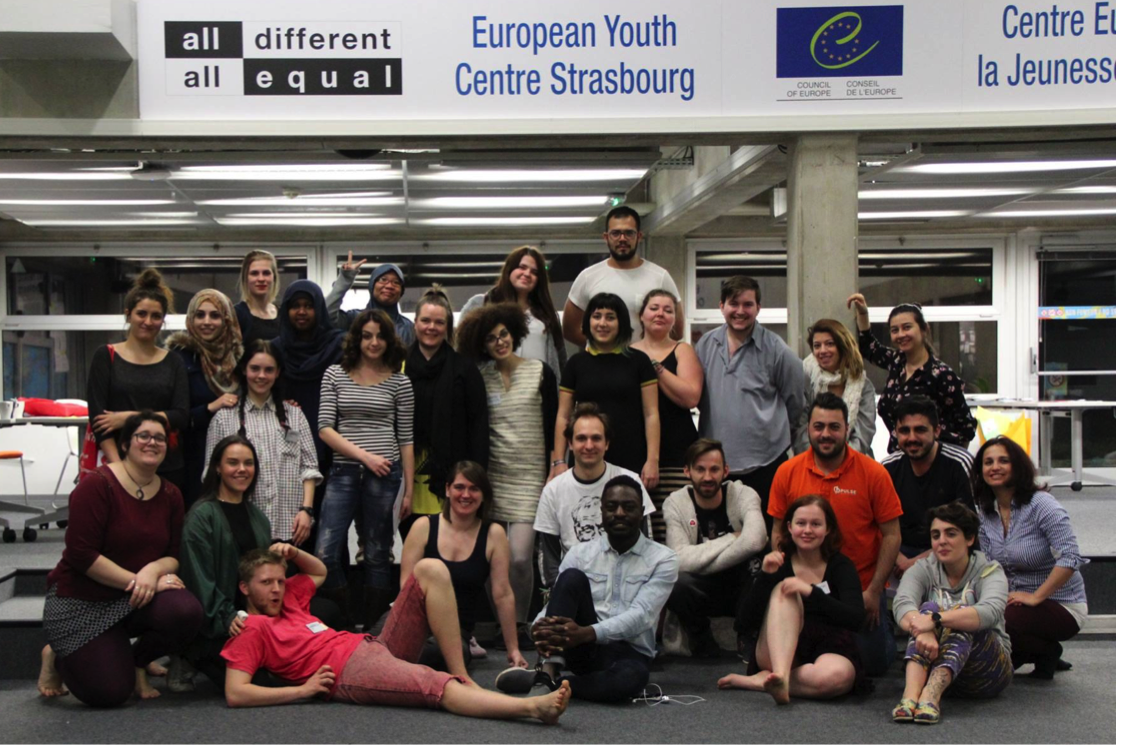
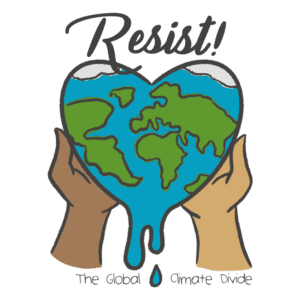
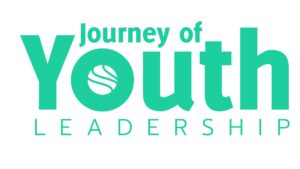
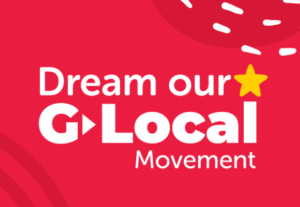
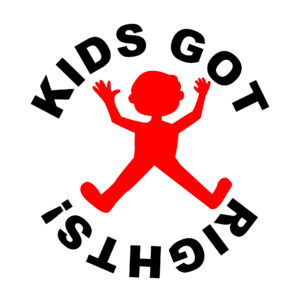

Comments are closed